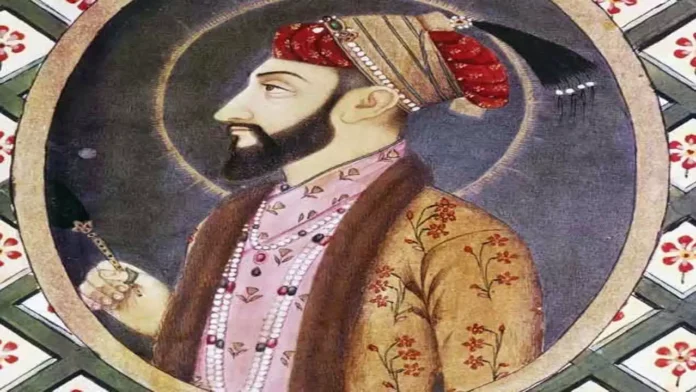 Munaza Kazmi
Munaza Kazmi
Aurengzeb was an unlikely Mughal hero. He did not have the dynamism, charisma and verve that characterized his ancestors, but was a dour, joyless drudge. This however was the persona that he deliberately cultivated. He had in his early youth loved music, enjoyed hunting, and was susceptible to famine charms, but he burnt out all those vulnerabilities with his searing, inexorable will, so as to focus his whole life and his entire being on the business of winning the throne and ruling. Utterly implacable and cold-blooded in his pursuit of power, his life was a triumph of mind over body and will over nature.
Aurengzeb believed that he had a divine dispensation to rule, not for his own enjoyment of power, but for the restoration of the true kingdom of Islam in India. Characteristically, when his sister Jahanara Begum pleaded with him to spare the life of his brother Dara, he said: “Dara is an infidel and a friend of Hindu. He must be extirpated for the sake of the true faith and the peace of the realm.” He had no feeling for his father either, and in all the years he kept him confined in the Agra fort, he never once visited him, not even during his final illness, and did not attend his funeral. He had no weakness of sentiment or love.
Yet he was a man of great humility, soft-spoken, mild-mannered and of equable temper. He was particularly kind in his treatment of the lowly. He led an ascetic life, was very simple in dress, wore hardly any jewels, and met his personal expenses by making caps. Contemporary Muslims regarded him as a saint, however it was a façade.
Under Aurangzeb, the very nature of the Mughal Empire changed. Shah Jahan had tentatively begun the conversion of the secular empire into a theocratic Muslim state; this process was now completed by Aurengzeb. He reimposed jizya, 115 years after Akbar abolished it, and imposed various disabilities on non-Muslims as required by orthodox Islamic tradition. However, in all this he acted strictly within the law, doing what was permitted and obligatory for a Muslim ruler but nothing beyond that, and he did on occasion pull up his officers who, in their theocratic fervor, unlawfully persecuted Hindus.
One phase of Aurengzeb’s life ended in 1681 when, after reigning from north India for 23 years, at the age of 63 he crossed into the peninsula, to begin the final ascent to the summit of the Mughal Empire. He would spend the next 23 years there in ceaseless wars, conquering new territories, subduing rebels, and capturing forts. At the end of the titanic effort, a vast sweep of land from Kabul across virtually the entire Indian subcontinent lay under his sway. There were no more lands to conquer, no more forts to take or armies to defeat. Aurengzeb had become the master of the largest empire that India has ever known.
Mughal imperial destiny had been fulfilled; it seemed. Yet, just when Aurengzeb appeared absolutely triumphant, everything was in fact utterly lost. At the moment of his supreme triumph, Aurengzeb found to his horror that the very ground on which he stood was crumbling.
The wicked Marathas were the nemesis, whose Emperor thought that he had ponded them into the earth; and indeed, he had, but they rose again. Meanwhile, the multitiered Mughal administrative edifice began to crack. Rebels and bandits roamed the land freely and as Aurengzeb’s end neared, his sons, even the grandsons, squared off to fight for the succession. Since, the very foundation of the Empire has been shaken by him. He willfully destroyed the old family relation, cut down the loyal Rajputs, divided the people in the name of religion, who’s after effects still lingering in Hindi, in fact Aurengzeb was the one who first divided us, and I believe he is responsible for the pillaging of Hindustan by lowly British.
Aurengzeb began his solo trek northwards to Delhi. But on the way, while camping at Ahmednagar in central Maharashtra, he fell ill with a high fever. And on 3rd March 1707, a Friday, in the early morning while he was saying his prayers, Aurengzeb, 89 years old and Emperor for 49 years, slid into death.
Aurengzeb had once said: After me, chaos!
And that was how it would be. The prophecy on his birth was indeed factual.
I would be ending this Epic of Mughal Saga right here, since my pen stopped writing, as my eyes weep and my heart bleeds by recalling the events that occurred on my beloved Emperors. (Concluded)
Munaza Kazmi holds MPhil in Management Sciences. She’s a travel writer, a published author, & co-author of scientific contributions.





